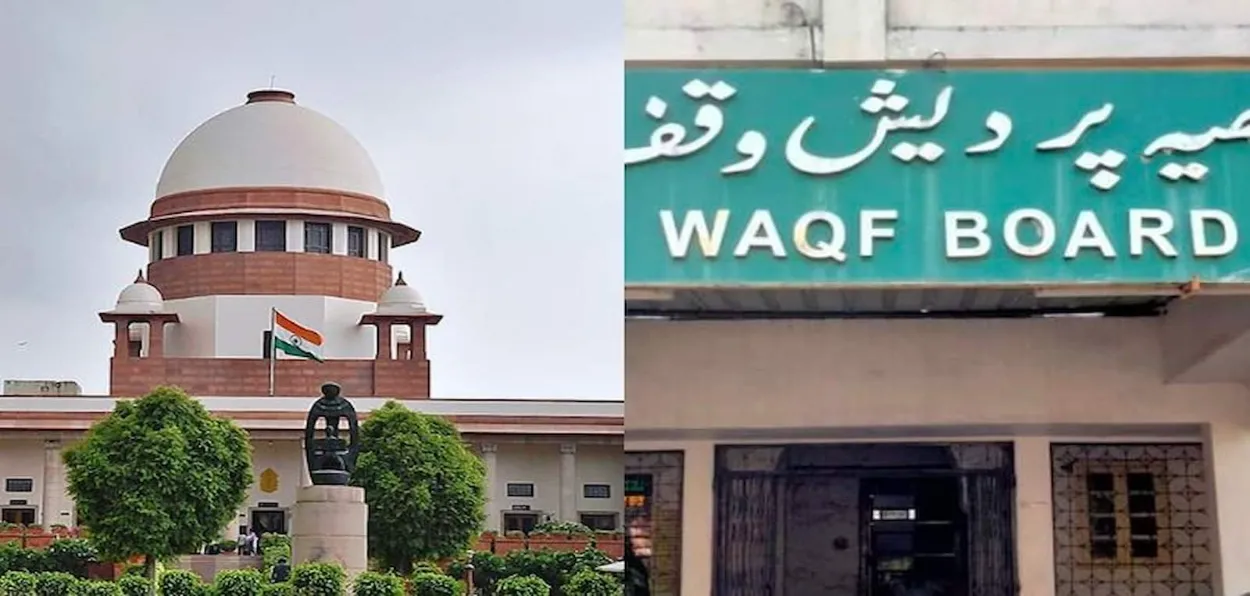
New Delhi
Maulana Arshad Madani, President of Jamiat Ulama-i-Hind, has challenged the Waqf (Amendment) Act, 2025 in the Supreme Court. The party claimed immediately after the President gave her assent to the bill, the JiH filed a writ petition in the Supreme Court against it.
On April 4, Congress MP Mohammad Jawed had already moved the Supreme Court, filing a petition against the bill.
“This bill is a dangerous conspiracy to strip Muslims of their religious freedom,” the petition says.
He said the state units of Jamiat Ulama-i-Hind will also challenge the constitutional validity of this law in the High Courts of their respective states.
In a statement Madani, alleged betrayal by “secular parties. “The very parties that claim to be secular have not only sold out the interests of Muslims for the sake of their power but have also trampled the Constitution under their feet. They revealed their true selves to the entire country,” he said.
Maulana Arshad Madani has also filed an interim petition in court to prevent the law from being enacted.
The petition also challenges removing the requirement for a Muslim Chief Executive Officer on the board. It states that due to these unconstitutional amendments, the foundations of the Waqf Act, of 1955, have been undermined, and this violates Articles 14, 15, 16, 25, 26, and 300A of the Indian Constitution.
In the meanwhile, Rashtriya Janata Dal (RJD) also plans to challenge the Waqf Amendment Bill in the Supreme Court.
Manoj Jha,RJD, member of Rajya sabha and senior party member Fayaz Ahmed, are set to file a petition on Monday challenging the provisions of the bill, which they argue could significantly impact the management of Waqf properties.
RJD's Manoj Jha has voiced concerns that the new law threatens the constitutional framework and could disturb communal harmony in India.
The party believes that the Waqf Amendment Bill, 2025, poses a direct threat to the management rights of Waqf properties, which are religious endowments under Muslim trust.
RJD's stance is that this bill could potentially harm the democratic principles guaranteed under the Constitution, and undermine the rights of religious communities, especially Muslims.
Jawed, who was also part of the Joint Parliamentary Committee that reviewed the bill, claims the Waqf law is unconstitutional and violates the fundamental rights of Muslims by imposing restrictions that target them unfairly.
Further adding to the opposition, All India Majlis-e-Ittehadul Muslimeen (AIMIM) Chief Asaduddin Owaisi also filed a petition in the Supreme Court on the same day, contesting the provisions of the bill.
READ MORE: With reforms, India could turn US-triggered tariff crisis into an opportunity
In contrast, Shiv Sena (UBT) MP Sanjay Raut confirmed on April 5 that his party would not take legal action against the Waqf Amendment Bill, indicating the matter is closed for Shiv Sena.
